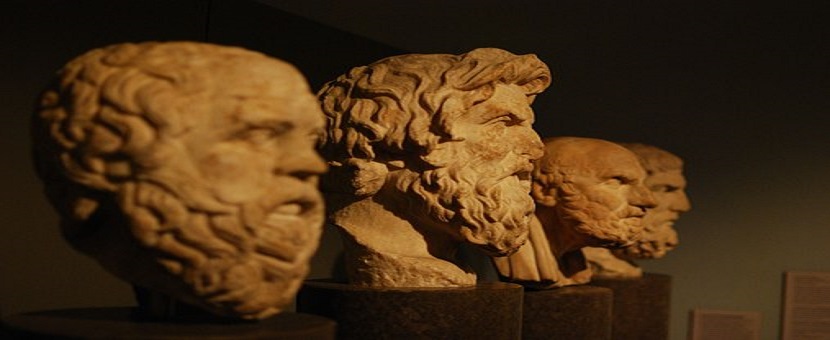Chief Gani Fawehinni v. Nigerian Bar Association & Ors (No 2) (1989) 2 NWLR (Pt. 105) 558 at 650, per Oputa, JSC:
“Our law is the law of the practitioner rather than the law of the philosopher. Decisions have drawn their inspiration and their strength from the very facts which framed the issues for decision. Once made, these decisions control future judgments of the Courts in like or similar cases. The facts of two cases must either be the same or at least similar before the decision in the earlier case can be used in a later ease, and even there, merely as a guide. What the earlier decision establishes is only a principle, not a rule. Rules operate in an all or nothing dimension. Principles do not. They merely incline decisions one way or the other. They form a principium or a starting point. Where one ultimately lands from that starting point will largely depend on the peculiar facts and circumstances of the case in hand.”
Notes:
It is always refreshing to revisit certain classic pronouncements of great jurists like Oputa, JSC (of blessed memory).
His Lordship again quoted the above position in Adegoke Motors Ltd. v. Adesanya and added that:
“The manner in which the Judge argues the case in his judgment is not what to look for and cite in future cases. Rather it is the principle he is deciding.”
His Lordship further issued the following warning:
“One has to be very careful and avoid quoting pronouncements of Justices of this Court outside the parameter of the facts of those decisions and the principles decided.”
The above warning came on the backdrop of the fact that lawyers are always keen on exploiting judicial pronouncements to secure undue advantage. His Lordship quoted the opinion of Sir James Bacon, V.C., in Green’s Case (1874) L.R. 18 Eq C.A. 428 thus:
“In the judgments which Judges pronounce, this is inevitable, that having their minds full, not only of the cases before them, but of all the principles involved in the cases which have been referred to, it very often happens that a judge, in stating as much as is necessary to decide the case before him, does not express all that may be said upon the subject. That leaves the judgment open sometimes to misconstruction, and enables ingenious advocates by taking out certain passages, to draw conclusions which the Judge never meant to be drawn from the words he used.”
Oputa, JSC further acknowledged (in Adesanya’s case) that Sometimes the Judge expresses more than is required for the decision, thereby producing superfluous words, albeit unknowingly. Whatever the case, the point must be noted that cases are only authorities for the particular issue decided, and courts must not be quoted out of context. Nothing more!
The business of the lawyer in canvassing legal arguments, and that of the Judge in considering these arguments, are all tied to the facts of the case at hand and the issue for determination drawn from the facts, and then the application of law and established principles to the facts of the case. This is legal reasoning. While there is room for this, there is clearly no room for philosophizing.














